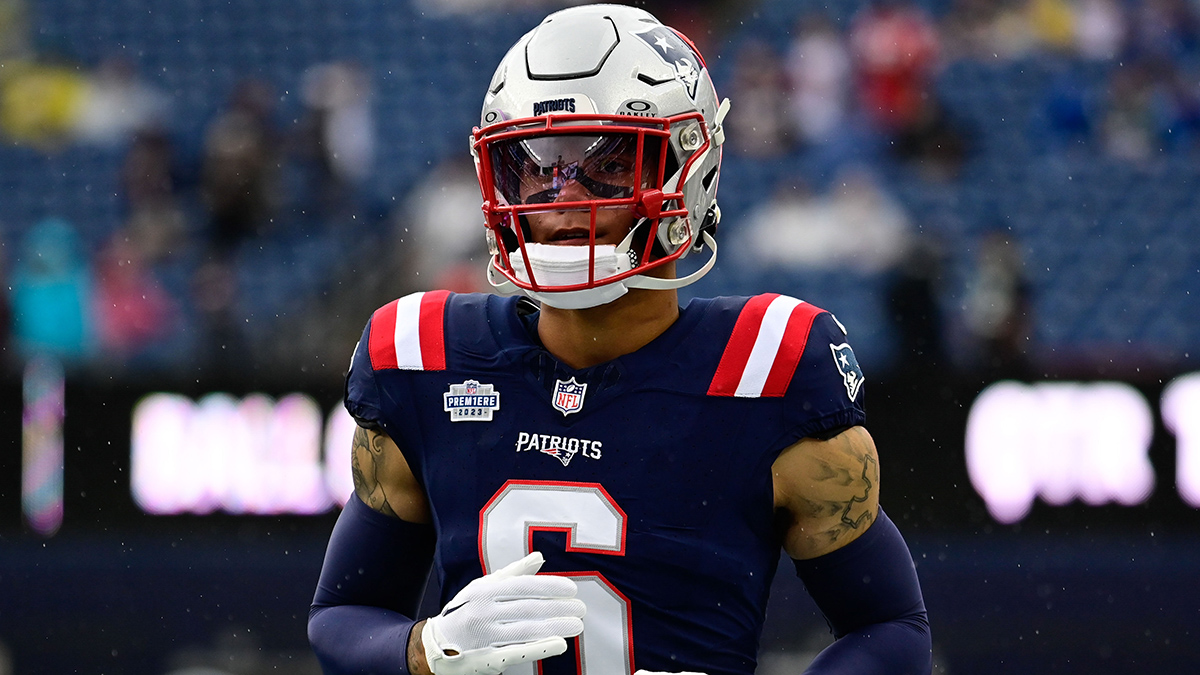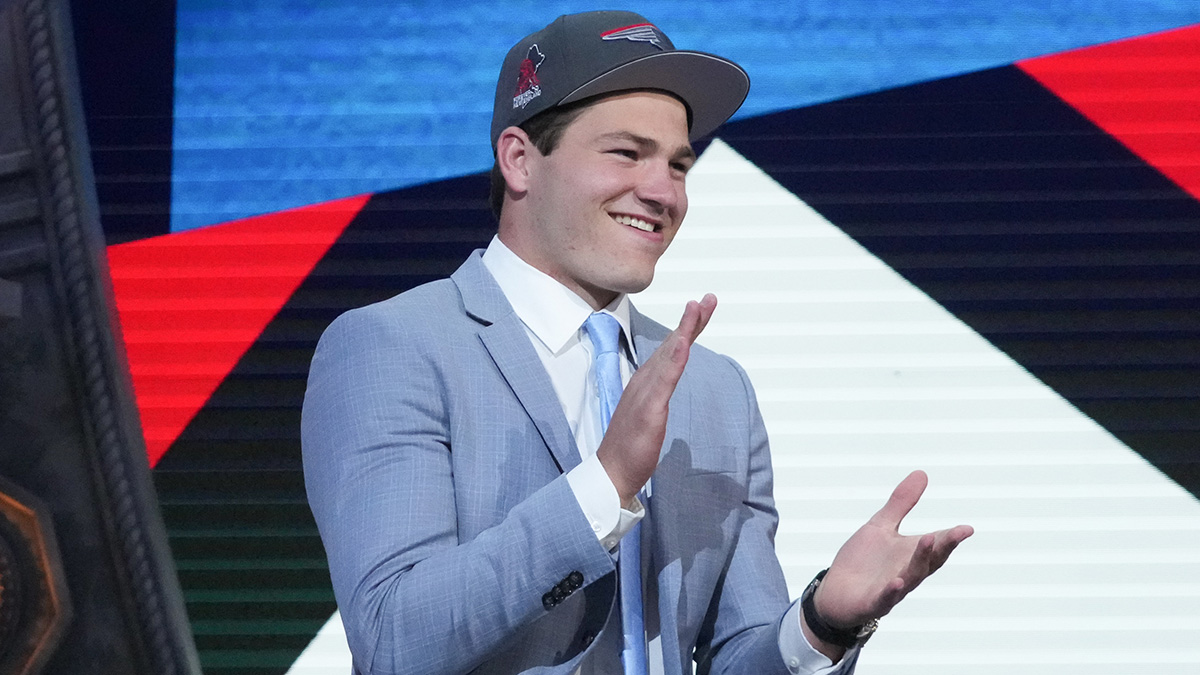
ORLANDO, Fla. -- The lesson to take away from the NFL’s latest game of factual hide-and-seek is this: Troy Vincent doesn’t know what he’s talking about.
In the second half of Super Bowl 52, Eagles running back Corey Clement made a catch at the back of the end zone. Replay showed that, after Clement brought the ball in, he readjusted his grip and -- in that moment -- true control was lost. (Check 3:40 of this video to get a better look.)
By the standards the NFL was going by in 2017, it looked like more than enough to overturn the touchdown and bring on a fourth down for the Eagles.
Eyes widened when the call stood. Former VP of Officiating Mike Pereira theorized that the league told Alberto Riveron to stop being so technical on replay review.
But what really lit the wick on this was Troy Vincent, the NFL’s VP of Operations (who has charge of all officials) telling the Dan Patrick Show that, by 2017 standards, the Clement touchdown should have been overturned. Vincent used the Clement touchdown as an illustration of how the play would be called going forward.
“That slight movement of the ball,” said Vincent. "The old language read [if there’s] slight movement, then that means you’ve got to overturn it . . . [Now] you can have movement but you can still maintain control. We removed and got out of the business of slight movement. Because you can have movement but still be in control. The Clement play in the Super Bowl was the best example. The ball moved but he had complete control over the ball through the process of the catch.”
New England Patriots
But he didn’t have “complete” control. He wasn’t juggling it but there was definitely some daylight around the ball. After that bit of looseness, Clement needed to get both feet down in-bounds. He did not:
Had the Patriots been the beneficiaries of the looser interpretation, Philly might be burning still. The Patriots didn’t benefit, so the only people still making an issue of this -- to the delight of the rest of the country -- are up here in the top right corner of the country.
Asked if the league used the new standard to uphold the Clement touchdown, Riveron stated flatly: “No, we did not. In order for us to overturn a call we have to see clearly indisputable evidence. And there was some slight movement but we didn’t see loss of control, we didn’t see indisputable evidence that he didn’t have possession of the football.”
That reply was given at the start of the NFL press conference closing the 2018 Annual Meeting.
Given Vincent’s comment, I felt compelled to follow up to see if Pereira’s theory -- that word came from on high to stop being so technical.
“There was no conversation of, ‘We have to pull back or we have to do it differently,’ ” said Riveron. “Remember, the rule did say slight movement is allowed and that’s exactly what you heard when (referee Gene Steratore, who was miked up) said, ‘Yes, the ball goes from here to here but he never loses control.’
“So there was slight movement and we had numerous occasions during the year where we had slight movement but we did not overturn,” Riveron added. “Did we have all the angles possible? Yes we did. Within those angles we didn’t see anything to make it past slight movement, which is what the rule entails.”
There are two different discussions to have here.
The first is about the rule itself. Clement definitely forfeited full control for a brief moment. If he hadn’t done that, the ball may have come out when he hit the ground. He had to regrip. But in doing so, he took the risk of giving up some control. His finger is still on the ball, for instance, but the ball isn’t by any means secure. Then it’s fully controlled again.
It’s not dissimilar from the Jabar Gaffney touchdown reception that beat the Ravens in 2007. It’s not secure secure but it’s not totally loose.
The issue is that, 10 years later, the league got to the point where it was closer to all or nothing with control. It’s probably better that they're pulling back.
The other discussion to have is, how can Vincent -- who’s in charge of the officials -- not know the wording of the rule? And how can he be so dense as to get on a national radio program and say that a touchdown in a one-score Super Bowl didn’t meet the standards for a catch and not think people would catch on?
For most of the 2017 season, the Patriots were on the right side of a number of close but correct calls -- the Jesse James touchdown, back-to-back penalties in the AFC Championship Game that gained them huge yardage, the overturned Austin Sefarian Jenkins touchdown. And, as with all things Patriots, the ensuing conversation centered around them getting all the breaks and being the NFL’s pet team. (It’s amazing to me that there are people so dense and ill-informed that I have to even type that sentence.)
The NFL -- which is tremendously rabbit-eared -- knew how much feces would hit the fan if the Pats were seen to benefit in the Super Bowl. So the standard moved.
Call it slight movement, but it moved.



